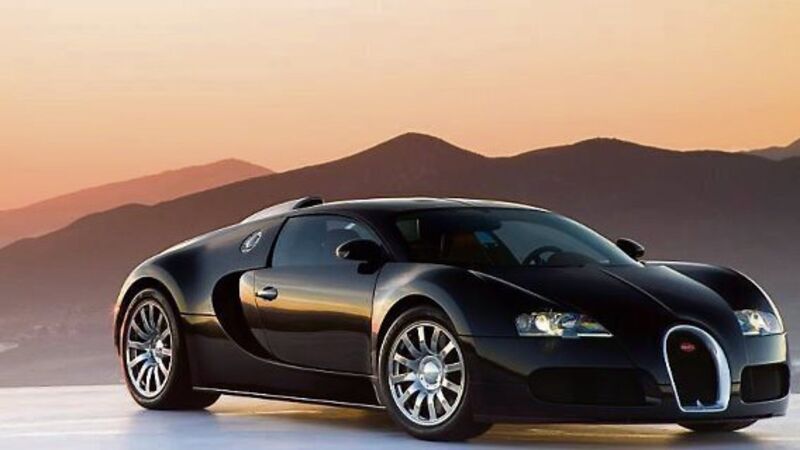VW Bugatti Veyron bids a fond farewell

The last Veyron is an open-top Grand Sport Vitesse variant, which boasts 1,200 horsepower. The car, called La Finale, will be on display next week at the Geneva Motor Show. The 450 Veyrons were sold for an average price of about €2.3m each, Bugatti said.
After buying the Bugatti brand in 1998, Volkswagen revived the carmaker, which was originally founded by designer Ettore Bugatti. The goal was to develop a vehicle both powerful enough to drive faster than 400 kilometers per hour as well as stylish and comfortable enough for a trip to the opera. The Veyron was first presented in 2005 and is part of Volkswagen’s effort to show it can compete on all levels of the auto industry.






